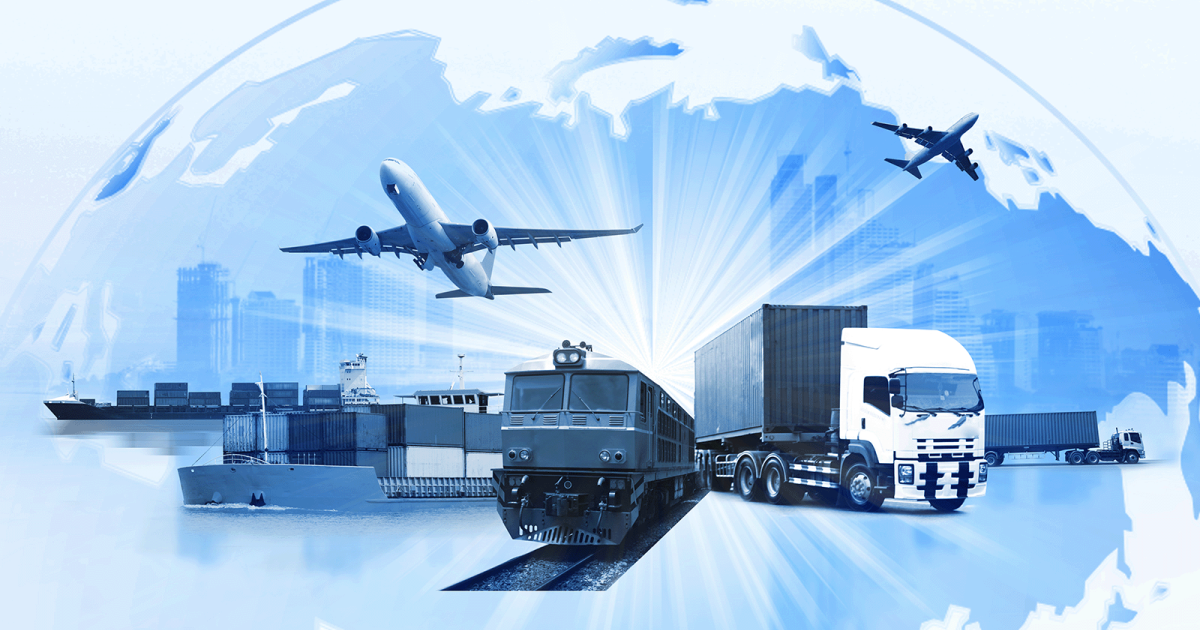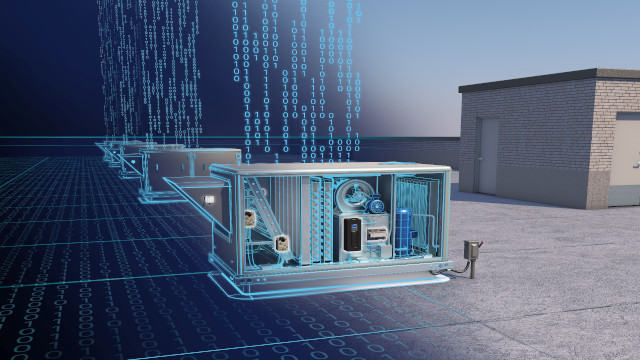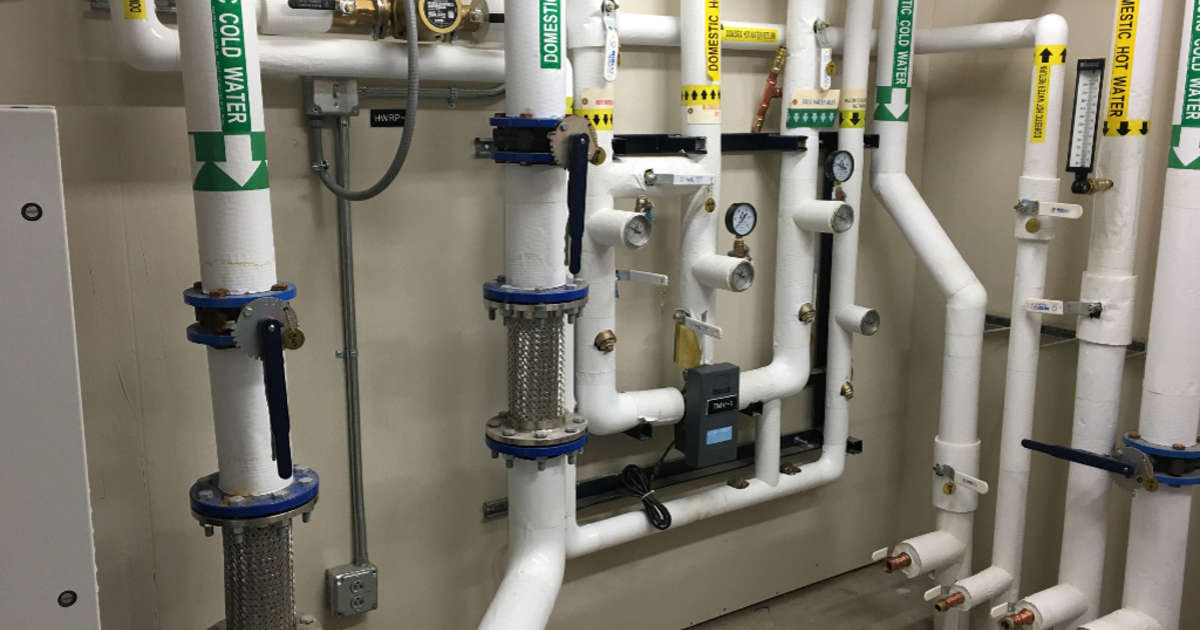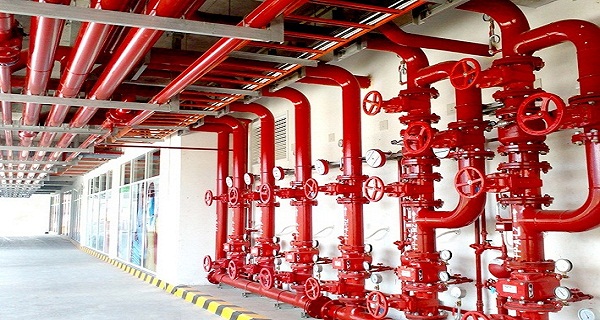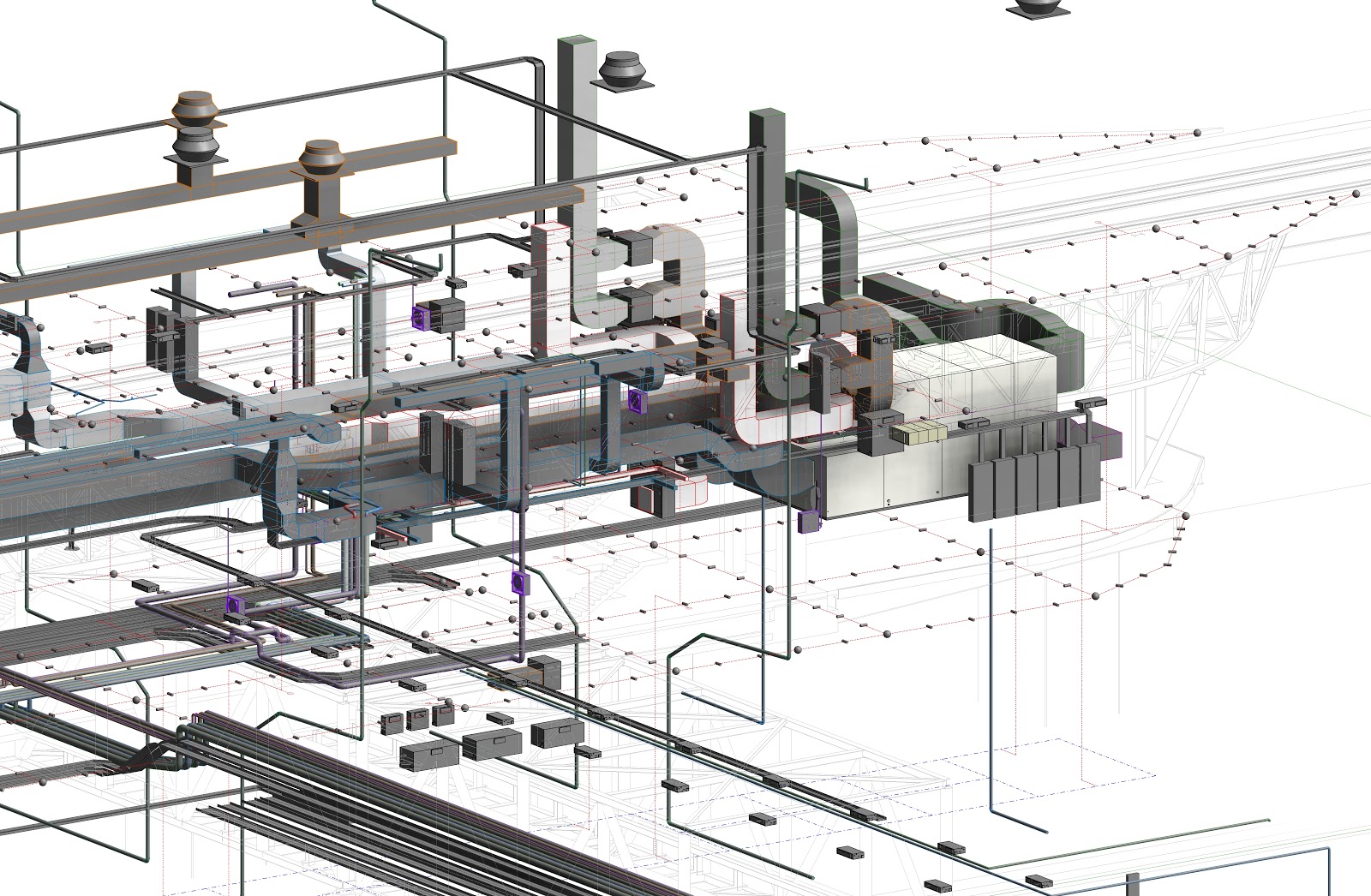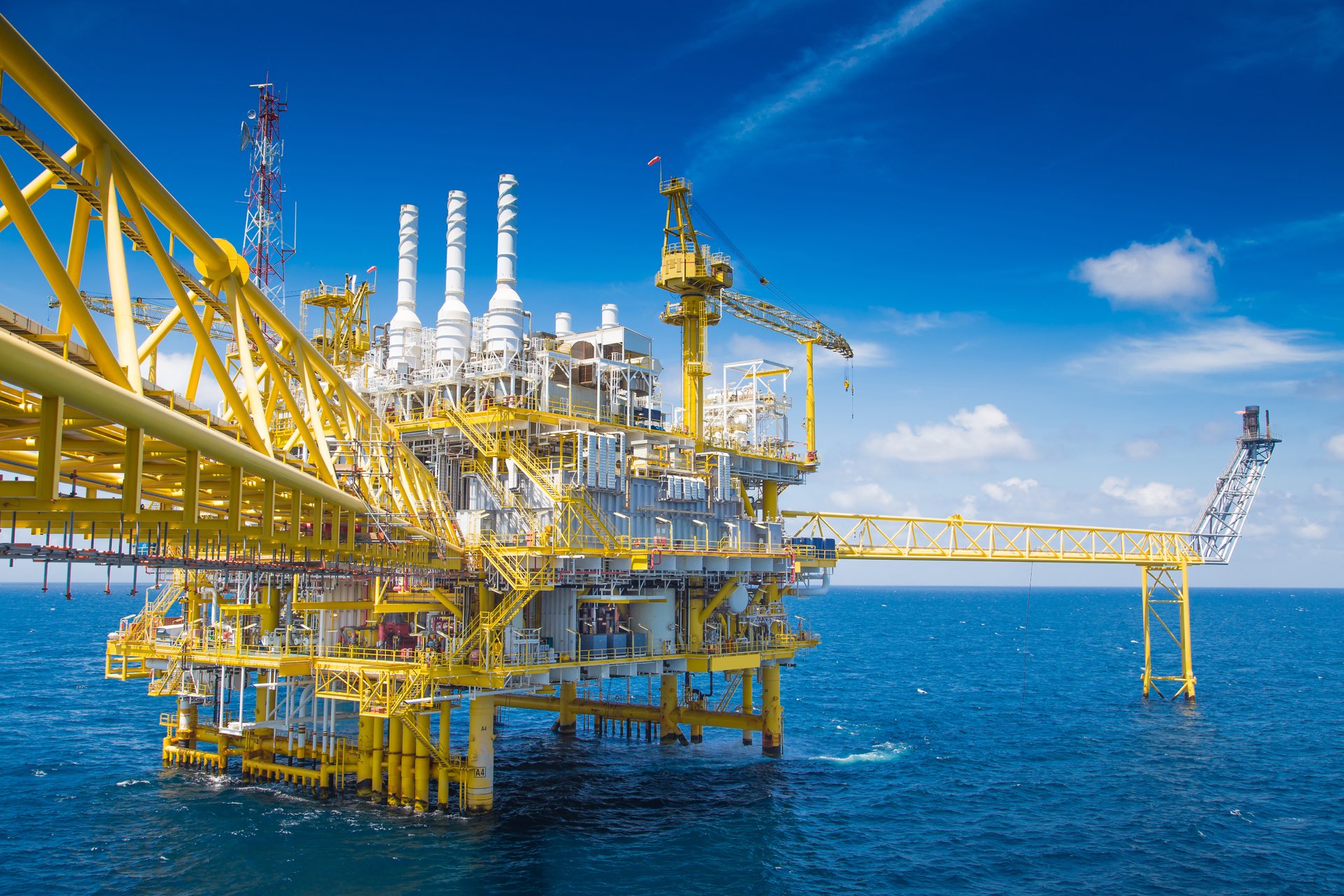Logistics and Supply Chain Management
What is Logistics and Supply Chain Management?
"Logistics typically refers to activities that occur within the boundaries of a single organization and Supply Chain refers to networks of companies that work together and coordinate their actions to deliver a product to market. Also, traditional logistics focuses its attention on activities such as procurement, distribution, maintenance, and inventory management. Supply Chain Management (SCM) acknowledges all of traditional logistics and also includes activities such as marketing, new product development, finance, and customer service"
Logistics is about getting the right product, to the right customer, in the right quantity, in the right condition, at the right place, at the right time, and at the right cost
What is Supply Chain?
"Supply Chain is the network of organizations that are involved, through upstream and downstream linkages, in the different processes and activities that produce value in the form of products and services in the hands of the ultimate consumer"
Supply Chain Management (SCM) refers to the coordination of production, inventory, location, and transportation among the participants in a supply chain to achieve the best mix of responsiveness and efficiency for the market being served.
*LOGISTICS AND SUPPLY CHAIN MANAGEMENT*
1. Basics of Logistics management
1. Introduction to physical distribution
2. Logistics management
3. Logistics Management and its elements
4. Modern Concepts in Logistics
5. Role of logistics in strategy
6. Inbound and outbound supply chain management
7. Container – types
8. Different types of cargo
9. Packaging and Material Handling
Basics of multimodal transport
1. Introduction to Multimodal Transport
2. Carriage By Air
3. Carriage By Sea
4. Carriage By Road
5. Carriage By Rail
6. Types of Vessels
7. Operators (Vessel and other)
8. Freight Forwarders and NVOCC
9. Outsourcing of Logistics Services
10. Overview of MMTG Act (1993)
11. Shipping Intermediaries and Formalities
Commercial geography
1. Definition, Nature and Scope of Commercial Geography
2. Role of Industries in Economic Development.
3. Factors of Industrial Location
4. Weber’s theory of Industrial Location
5. Major Industrial Regions of India
6. Need and importance of transportation in Commercial Development.
7. Geographical factors affecting International Trade
8. Major logistics routes in India
9. Major trade routes in world
10. International logistics and economic development
11. Role of intermediaries in international trade
Warehousing and supply chain management
1. Introduction to supply Chain Management (SCM)
2. Sourcing
3. Transportation
4. Indian supply chain architecture
5. Introduction to warehousing
6. Warehouse functions
7. Warehouse types
8. Warehouse providing value added services
9. Warehouse internal operations
10. Warehousing equipment
11. Inventory
12. Safety and security in warehouses
13. Future trends in warehousing
International transport conventions
1. UN Transport Conventions • Driving license • Registration • Insurance • Food safety • Exempt of Taxes – import duties
2. Multilateral transport agreements
3. Convention on Road Traffic
4. TIR procedures
5. CMR Convention
6. Importance of international conventions
7. International conventions and globalization
Documentation and clearance processes
1. Foreign Trade Policy
2. Export and Import Procedures
3. Documents Related to Export and Import
4. Instruments and Terms of Payment in Export – Import
5. Methods of Export - Import Financing
6. Letter of Credit and Bill of Exchange
7. Foreign Exchange Regulations and Formalities
8. Cargo Insurance
9. International Commercial Terms
10. Procedure and Documentation for Availing Export Incentives
11. Bill of lading other documents
12. GST way bill and other documents
Techniques of operations efficiency
1. Systematic Problem Solving
2. 7 QC Tools
3. Quality Circles
4. 5-S for Good Workplace Organisation
5. MUDA (Waste) Elimination
6. Kaizen
7. Daily Work Management (DWM)
8. Benchmarking
9. Total Productive Maintenance
10. Total Quality Management (TQM) and Key performance indicators
Industrial relation and Labour laws
1. Bombay Dock Labour Board Act
2. ILO code of practice on safety in container terminals
3. Industrial dispute act
4. Contract Labour (Regulation and Abolition) Act 1970
5. The Industrial Employment (Standing Orders) Act 1946
6. The Workmen's Compensation Act 1923
7. The Employees' Provident Fund and Miscellaneous Provisions Act 1952
8. The Trade Unions Act 2001
Risk and Insurance management
1. Introduction & Significance of Risk, Disaster and Insurance Management\
2. Risk in Supply Chain, Risk Management Framework
3. Disaster Management 4. Principles of insurance
5. Future of Insurance market
6. Fire insurance
7. Marine insurance and maritime fraud
8. Country Risk Analysis 9. Environment and training
10. Protection and indemnity clubs
Marketing in shipping and logistics
1. Principles and practice in Marketing
2. Segmentation, Targeting and Positioning
3. Consumer Behaviors
4. Marketing in service sector 4.1 Marketing in Ports and shipping 4.2 Marketing in Freight Forwarding Company
5. Concession agreements
6. Terminal service agreements
7. Operations of shipping agency (CFS process and documentation)
8. Ship Agency management System
9. Import and Export Container cycle costings
10. Agency contract
Trends in logistics
1. Introduction – recent developments in logistics
2. Transport and mobility technologies
3. Green logistics
4. Cold chain logistics
5. Block chain and big data analytics in logistics
6. 3 D printing and wearable devices in logistics
7. Transport Services, Costing and Performance
8. Administration and Control and use of IT



